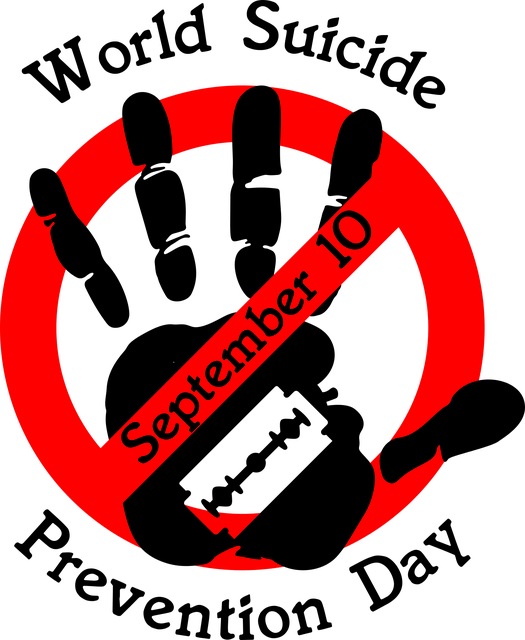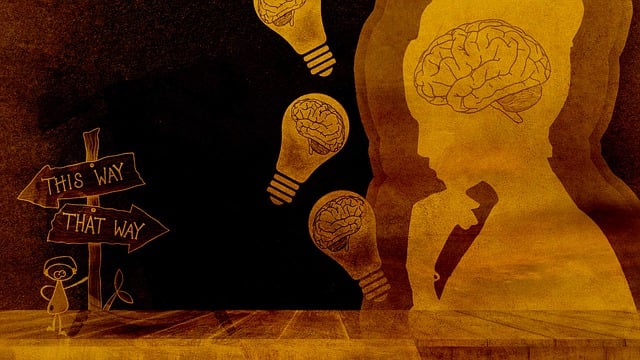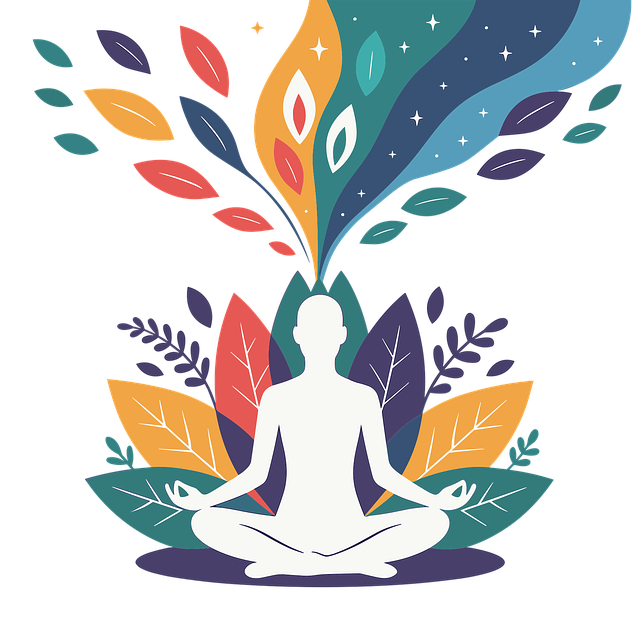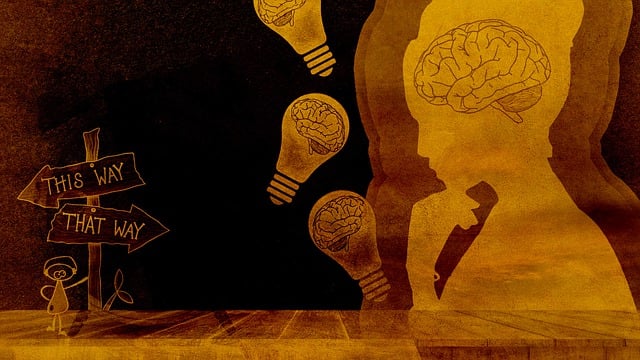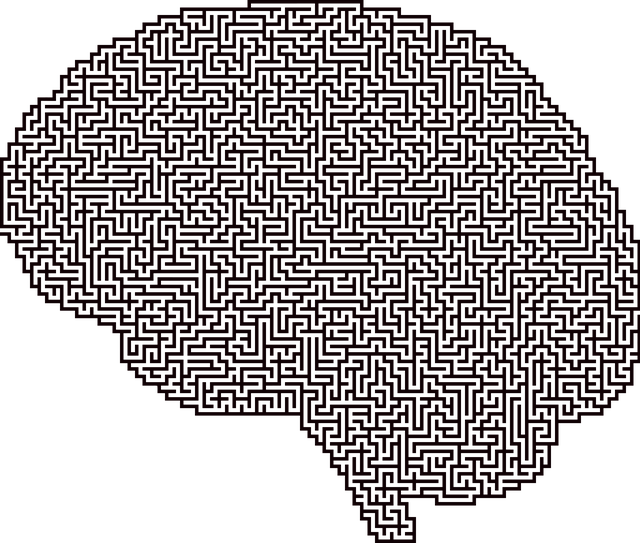Mental wellness self-assessment tools enriched with Superior Cognitive Behavioral Therapy (CBT) techniques empower individuals to take control of their emotional, cognitive, and behavioral patterns. By identifying negative thought processes and replacing them with healthier alternatives, these assessments support anxiety relief and crisis intervention. Integrating CBT principles into self-assessments enhances introspection, builds resilience, and offers personalized coping strategies for trauma support. Effective self-assessment tools, designed with cultural sensitivity, provide nuanced understandings of mental wellness, leading to tailored interventions for improved self-esteem and depression prevention.
Mental wellness self-assessment tools play a pivotal role in fostering personal growth and enhancing overall well-being. This article delves into the development of such tools, focusing on integrating Cognitive Behavioral Therapy (CBT) principles for accurate insights and improved self-awareness. We explore effective mechanisms to promote healing and support individuals in navigating their mental health journeys. Discover how superior CBT therapy tools can revolutionize personal growth and contribute to a more resilient and balanced life.
- Understanding Mental Wellness Self-Assessment: A Cornerstone of Personal Growth
- Integrating Cognitive Behavioral Therapy (CBT) Principles into Assessment Tools
- Designing Effective Self-Assessment Mechanisms for Accurate Insights
- Enhancing Self-Awareness and Promoting Healing with Superior CBT Therapy Tools
Understanding Mental Wellness Self-Assessment: A Cornerstone of Personal Growth

Mental wellness self-assessment tools play a pivotal role in fostering personal growth and resilience. These assessment tools, designed to evaluate an individual’s mental health status, provide valuable insights into their emotional, cognitive, and behavioral patterns. By understanding one’s strengths, weaknesses, and areas of improvement, individuals can embark on a journey towards enhancing their overall well-being.
Superior Cognitive Behavioral Therapy (CBT) techniques are often integrated into these self-assessment tools, encouraging positive thinking and effective coping strategies. The assessments help users identify negative thought patterns and replace them with healthier alternatives, thereby alleviating symptoms of anxiety and promoting mental fortitude. Moreover, they can serve as essential crisis intervention guidance during times of distress, enabling individuals to manage their conditions proactively.
Integrating Cognitive Behavioral Therapy (CBT) Principles into Assessment Tools

Integrating Cognitive Behavioral Therapy (CBT) principles into self-assessment tools is a powerful approach to enhancing mental wellness. CBT focuses on identifying and changing negative thought patterns and behaviors, which are key factors in improving one’s overall well-being. By incorporating CBT techniques, these assessment tools can help individuals gain valuable insights into their cognitive processes and emotional responses. This enables users to develop effective coping skills, build resilience, and boost their confidence in managing mental health challenges.
This strategic integration facilitates a more comprehensive evaluation of an individual’s mental state. It allows for personalized feedback and tailored recommendations, ensuring that the assessment tools meet the unique needs of each user. Moreover, it provides practical strategies for trauma support services, empowering individuals to navigate through difficult experiences and fostering their ability to cope with future stressors.
Designing Effective Self-Assessment Mechanisms for Accurate Insights

Designing effective self-assessment mechanisms is paramount for gaining accurate insights into an individual’s mental wellness. These tools should be meticulously crafted to cater to diverse psychological needs, incorporating principles from Superior Cognitive Behavioral Therapy (CBT). CBT techniques, renowned for their efficacy in treating various mental health conditions, can enhance self-assessment by promoting introspection and cognitive restructuring.
By integrating cultural sensitivity into mental healthcare practice, these assessments can become more inclusive, addressing the unique challenges faced by different communities. This approach ensures that self-assessment tools do not perpetuate stereotypes but rather provide a nuanced understanding of mental wellness across various cultural contexts. Ultimately, this enables tailored interventions for improved self-esteem improvement and depression prevention.
Enhancing Self-Awareness and Promoting Healing with Superior CBT Therapy Tools

Self-awareness is a cornerstone of mental wellness, and Superior Cognitive Behavioral Therapy (CBT) tools play a pivotal role in enhancing it. These advanced CBT therapy tools are designed to help individuals gain profound insights into their thoughts, emotions, and behaviors, enabling them to understand the underlying causes of distress. By identifying negative thought patterns and learning to challenge them, individuals can foster healthier coping mechanisms, thereby promoting healing and improved mental wellness.
Incorporating these tools into personal growth journeys empowers people to take charge of their mental health proactively. This is particularly beneficial for at-risk populations, as a comprehensive risk assessment for mental health professionals can guide the development of tailored interventions. Furthermore, organizations offering mental wellness programs, including stress management workshops, can utilize these advanced CBT tools to create effective, evidence-based solutions that drive lasting positive change.
Mental wellness self-assessment tools, enriched by Superior Cognitive Behavioral Therapy (CBT) principles, play a pivotal role in fostering personal growth and healing. By designing effective mechanisms that enhance self-awareness, these tools empower individuals to navigate their mental health journeys with greater clarity and resilience. As we move forward, ongoing development and refinement of such resources will undoubtedly contribute significantly to improving overall well-being in our fast-paced world.




